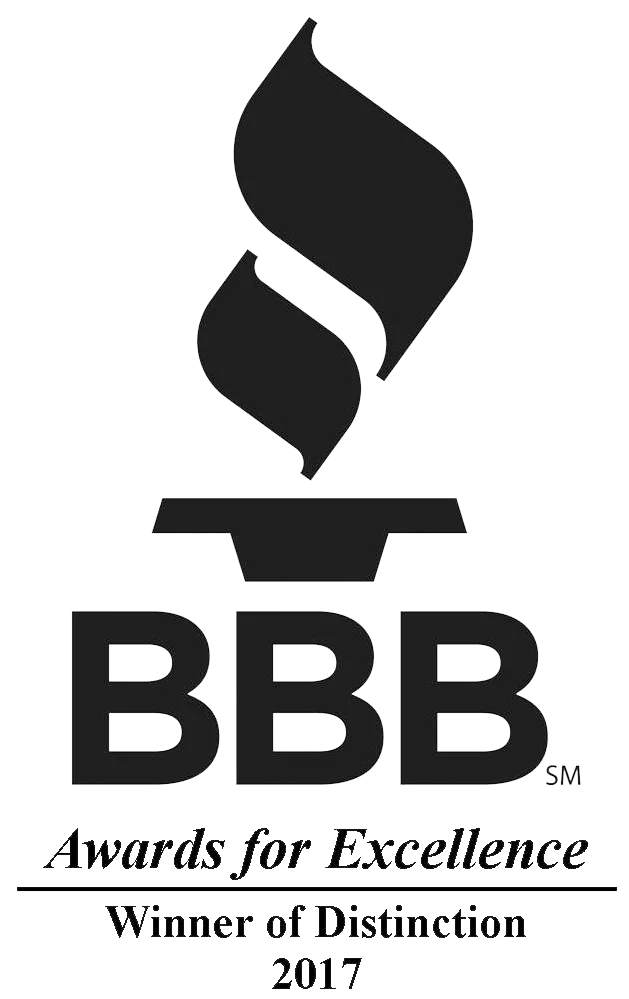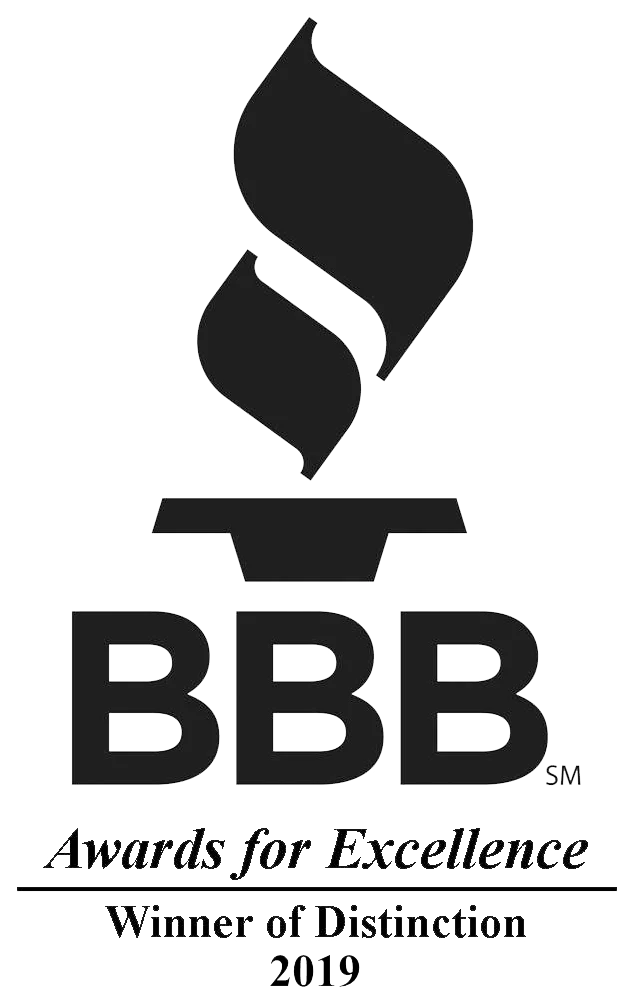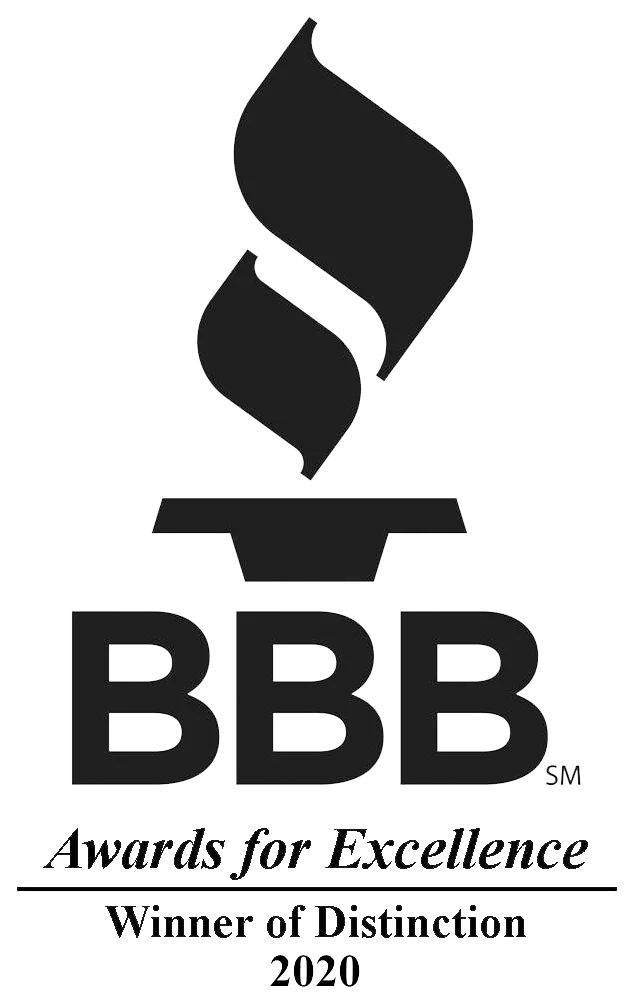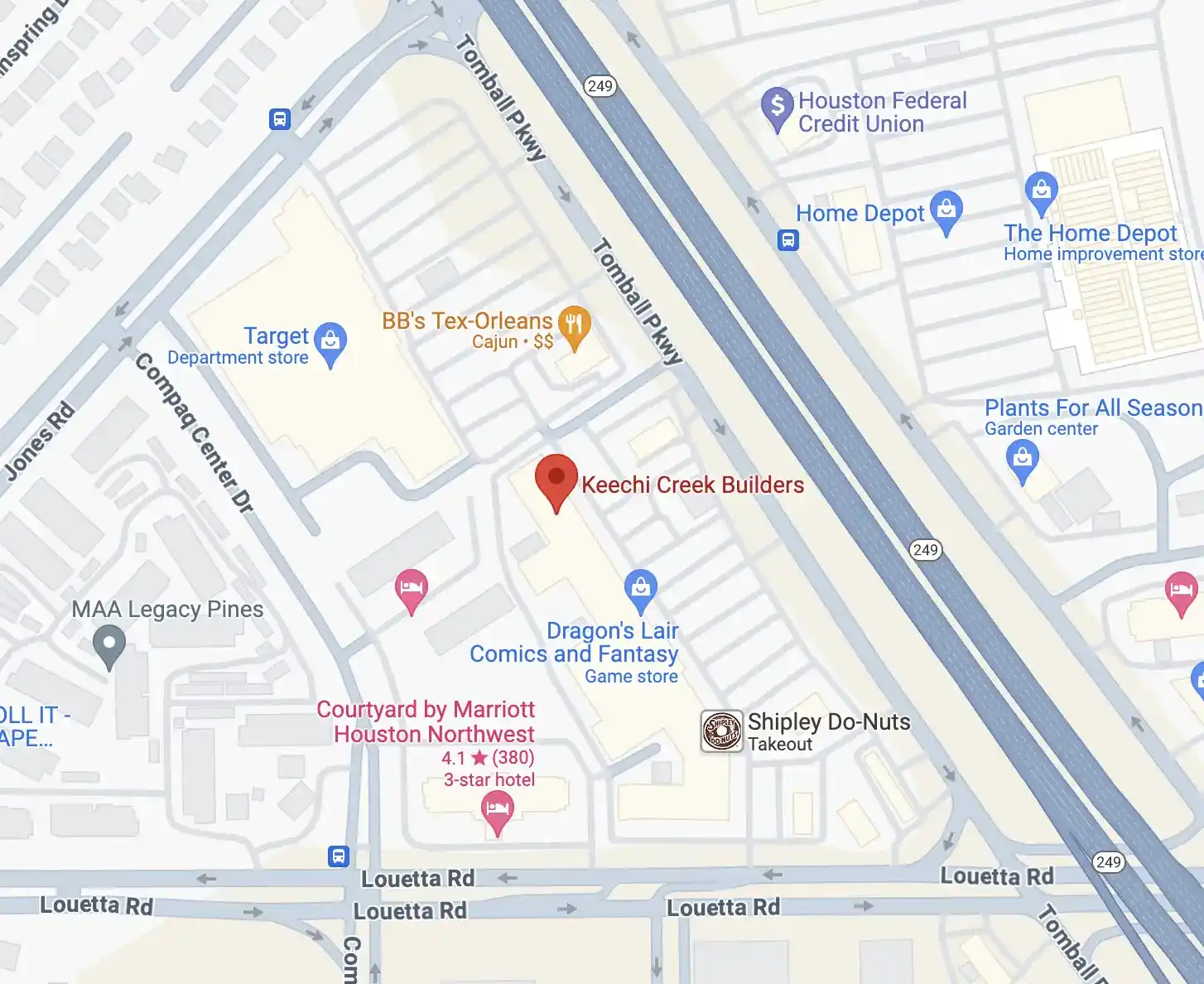Building your dream custom home is an exciting journey that starts with a strong financial plan and involves several key financial steps to build a home. This complete guide covers essential steps for budgeting, securing financing options, and managing expenses during your custom home build or new construction. It offers practical tips on understanding construction costs, the cost of construction, and choosing the right home builder to help you stay on budget without compromising quality. By the end, you'll have the knowledge to make informed decisions and ensure a smooth building process throughout the construction process.
Key Takeaways:
- Create a detailed budget for your custom home build, considering location, size, and materials.
- Research and compare financing options for your project and gather the necessary documents for the financing process.
- Stay on budget by regularly tracking expenses and incorporating cost-saving tips, and choose a reputable builder like Keechi Creek Builder for expert guidance.
Step 1: Creating a Budget for Your Custom Home Build
Creating a budget for your custom home build is crucial for keeping your project within financial limits while reaching your dream home goals. This involves understanding different construction costs that may come up during planning, securing financing, and managing expenses.
A well-prepared budget details all possible expenses, helping you handle the construction process confidently and clearly. A detailed budget allows you to make informed decisions on design, materials, and contractor selection, leading to a successful home build.
What Factors Should You Consider When Creating a Budget?
When budgeting for your custom home build, consider several factors that can significantly influence the total construction cost and your financial plan.
Land costs vary based on location, accessibility, and zoning laws. Material prices frequently change due to market demand and availability.
Labor expenses are another crucial factor; skilled tradespeople often charge more, affecting your budget significantly. Securing the necessary permits on time can unexpectedly increase costs if not planned for properly.
- Research financing options like loans or mortgages, as they can greatly affect total spending.
- Seek expert advice to ensure an accurate estimate of all related costs.
Understanding these elements will help you set a realistic budget and plan your finances effectively throughout the project.
How Can You Estimate the Cost of Your Custom Home Build?
Estimating the cost of building your custom home requires a thorough assessment of materials, labor, and other necessary expenses that can significantly affect your budget if not considered properly. To handle this process effectively, start by researching local construction prices to understand the costs for materials and labor in your area.
Additionally, consult with builders to get insights into industry standards and potential hidden costs. Use online calculators to produce rough estimates specific to your project. Always get multiple quotes from different contractors. This not only helps you find the best deal but also allows you to categorize costs into labor, materials, and permits.
Step 2: Securing Financing for Your Custom Home Build
Securing financing for your custom home build is an important step to ensure you have the funds needed to realize your vision while managing your budget. There are several financing options, such as construction loans and mortgage loans, each with specific terms, interest rates, and application processes.
Understanding these options helps you choose the best way to finance your custom home project, allowing you to manage the building process and stay within your budget for your perfect home. It is important to compare loan types, assess interest rates, and consider your financial situation before deciding.
What Are Your Options for Financing a Custom Home Build?
When planning to build a custom home, different financing options are available, such as loans specifically for home construction, each suited to various financial needs and project requirements. Understanding these options can greatly affect your decisions and budgeting strategy.
Conventional mortgage loans are one option, offering long-term stability with fixed rates. They often have lower interest rates, helping to manage monthly costs effectively, but usually require a larger down payment and extensive documentation.
Construction loans are designed for the building process, covering costs during construction and converting into a permanent mortgage once the home is finished. They can be helpful but often come with higher interest rates and shorter terms.
Home equity lines of credit (HELOCs) allow homeowners to use the equity in their existing property, providing flexibility for custom home projects and access to funds as needed. However, they can involve risks like fluctuating interest rates and potential over-leveraging.
- Conventional Mortgage Loans: Pros include stability and lower rates; cons involve higher down payments.
- Construction Loans: Pros offer specific funding; cons include higher rates and stricter requirements.
- HELOCs: Pros provide flexibility; cons may involve variable rates and debt risks.
Choosing the right financing option is crucial for making your dream home feasible, so it's important to assess these factors carefully when planning your financial strategy.
What Documents Will You Need for the Financing Process?
To successfully navigate financing for your custom home build, prepare the documents that lenders need to evaluate your financial situation and loan eligibility, allowing them to decide quickly and efficiently. These documents can affect the speed of loan approval and the terms offered, so it's important to know what is needed in advance.
Essential documents for construction and mortgage loans typically include:
- Income Verification: Recent pay stubs and tax returns to show your financial health.
- Credit History: Your credit report to assess your creditworthiness and reliability.
- Project Plans: Detailed blueprints and designs for your custom home, required for construction loans.
- Cost Estimates: A breakdown of estimated costs to determine the total financing needed.
Having organized documentation is crucial. It streamlines the financing process and improves your chances of securing favorable terms. Being well-prepared can make the difference between a smooth loan approval process and unnecessary delays.
Step 3: Managing Expenses During the Custom Home Build
Managing expenses during a custom home build is crucial to staying within budget while being able to handle unexpected costs. Throughout construction, it's important to monitor all expenses and stay alert to potential budget overruns.
This proactive approach helps maintain financial discipline and ensures clear communication with your builder and contractors. By practicing good financial management, you can reduce the risk of unexpected expenses and ensure your dream home is built to your specifications and within your budget.
How Can You Keep Track of Your Expenses?
Tracking your expenses during the custom home build is crucial for staying within your budget and managing the cost to build your home on your own land.
To manage this process effectively, use budgeting software and spreadsheets. Regular financial reviews can help you see how your actual spending compares to your budget.
Start by:
- Categorizing your expenses, such as materials, labor, and permits.
- Regularly comparing actual costs with your projected budget.
This practice helps identify discrepancies in the cost of construction and provides insight into your spending habits, allowing you to make necessary adjustments in real-time. By following these strategies, you can avoid overspending and maintain better control over your finances throughout the project.
What Are Some Tips for Staying on Budget?
Staying within budget during your custom home build requires careful planning, discipline, and proactive financial strategies to handle potential construction costs.
One useful approach is to create a detailed spending plan that allows for flexibility in case unexpected costs arise. This involves identifying priority purchases and making smart decisions about materials that align with both your vision and budget, promoting financial discipline in your project of building your own home.
- Set Clear Priorities: Differentiate must-have features from nice-to-haves.
- Budget for Contingencies: Set aside at least 10% for unexpected expenses.
- Choose Cost-Effective Materials: Look for alternatives that maintain quality.
By following these practical tips, you'll find it manageable and rewarding to stick to a budget as you see your dream home take shape without financial stress. Building your dream home is an exciting journey that requires careful planning and execution.
Step 4: Choosing the Right Builder for Your Custom Home Project
Choosing the right builder for your custom home project is crucial for the success of the construction process and the quality of your home. A home builder who understands the intricacies of home construction will ensure that the construction of your home is executed smoothly from start to finish. A skilled and reputable builder brings expertise and experience, and aligns with your vision and budget.
Evaluating builders based on their qualifications, portfolio, and references ensures you make an informed decision for a smooth construction experience. Trust and communication are key, as they promote collaboration and help bring your vision to life within your budget.
What Qualities Should You Look for in a Custom Home Builder?
When looking for a custom home builder, consider key qualities to ensure you select the right contractor for a successful project. Experience is crucial; a builder's years in the field often reflect their expertise and ability to handle complex home designs. Client testimonials offer insight into previous clients' satisfaction and the quality of workmanship.
Evaluating a builder's communication style can show how well they will keep you updated throughout the process, helping to address any concerns. Adherence to timelines is important; delays can extend the building process and impact your budget.
Considering these factors will greatly influence the success of your custom home build, ensuring your vision is realized efficiently and effectively.
Conclusion
Creating your custom home involves detailed planning, securing the right financing, managing costs, and choosing the right builder to bring your vision to life. The process of building a custom home encompasses numerous steps to building and requires understanding construction costs and new home construction dynamics.
Each step is crucial for achieving your dream home while staying within budget. Understanding construction costs, financing options, and budgeting strategies helps you make informed decisions for an optimal building experience. Approach the project with clarity and purpose to ensure a smooth journey from start to finish, with the support of a skilled builder. Proper budgeting is critical. A well-structured financial plan acts as a guide, helping you navigate each project stage and avoid unexpected costs. Custom home financing often involves choosing the right mortgage loan and home equity options to finance the construction effectively.
Choosing a reputable and experienced builder is also essential. The right contractor affects construction quality, timeline, and stress levels during the build. Engaging a skilled builder is an essential step in ensuring your construction project meets all expectations and requirements.
By collaborating with experts like Keechi Creek Builder, you can confidently navigate the custom home construction process, making decisions that contribute positively to your custom home journey. Whether you decide to build a new home or consider buying an existing home, having the right construction financing options is crucial.
Frequently Asked Questions
How do I create a budget for my custom home build?
The first step in creating a budget for your custom home build is to determine your total budget and then break it down into specific categories such as construction, materials, and labor. If you want to build a custom home, you can consult with a professional builder like Keechi Creek Builder to get an accurate estimate of costs.
What are some practical tips for staying on budget during the home building process?
One of the best ways to stay on budget during a custom home build is to plan and stick to your budget. This includes researching and comparing prices for materials and labor, avoiding unnecessary and costly changes to the design, and regularly reviewing your budget and making adjustments if needed. The steps to building a house and evaluating all financial considerations for the home you want are critical to ensure the construction of the home goes smoothly.
How can I secure financing for my custom home build?
There are various options for financing a custom home build such as construction loans, home construction loan, and home equity loans. A construction loan is a short-term loan type used to finance the building process until construction is finished. Whether you’re ready to build or considering buying a home, comparing types of construction loans is essential to find the best fit for your custom home budget.
Are there any additional costs I should consider for a custom home build?
Yes, there are several additional costs to consider when budgeting for a custom home build. These include permits and fees, landscaping, and unexpected expenses that may arise during the building of your new home. Additionally, consider expenses for selling your home if transitioning from a current home, and always keep a contingency fund to handle unforeseen issues.
Can I negotiate prices with contractors and suppliers to save money on my custom home build?
Yes, negotiating prices with contractors and suppliers can help you save money on your custom home build. While doing so, visit the construction site regularly to ensure work aligns with your budget and quality expectations. Be mindful that interest-only payments during construction may apply, and planning steps to take early on will streamline the process.
Why should I choose Keechi Creek Builder for my custom home project?
Keechi Creek Builder is a trusted and experienced builder with a proven track record of successful home construction project completions. Whether you’re planning a new home or buying an existing one, their expertise can guide you through the construction of your home and help you decide whether to build or buy. Their attention to detail and ability to convert the construction process into a seamless experience ensures your home is complete within budget.










![prism2023 winner logo[8]](https://files.keechicreekbuilders.com/2024/11/prism2023-winner-logo8-e1731607791571.webp)
